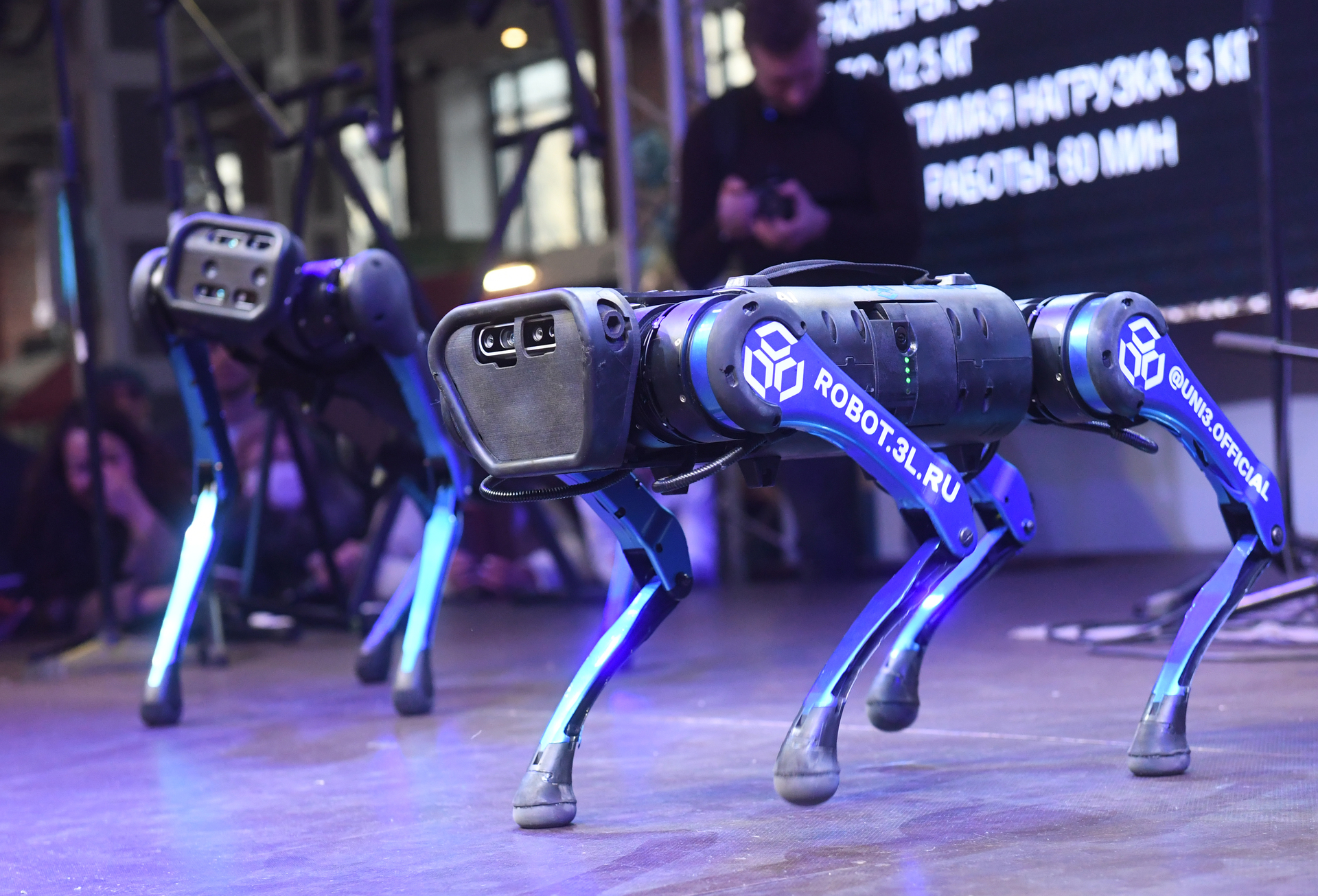The Russian government has expanded the list of professions and specialties that are necessary for the modernization and technological development of the Russian economy.
The corresponding decree was approved by Prime Minister Mikhail Mishustin.
The Cabinet of Ministers clarified that 55 specialties and 35 professions were added to the updated list, "including in the field of robotics, logistics, medicine, agriculture, construction, tourism, social and service sectors."
“Among the specific specialties added to the list are Preschool Education, Nursing, General Medicine, Agronomy, Additive Technologies, Hospitality, Operation of Unmanned Aviation Systems, Management, Operation and maintenance of an apartment building ”.
Among the professions - "Graphic designer", "Defectoscopist", "Master of garden and park and landscape construction", "Master of plant growing", "Master of general construction works", "Modeler-modeller of architectural details", - the message says.
The Cabinet of Ministers added that students who study in the specialties from this list can apply for scholarships of the Russian government, awarded annually for achievements in educational and research activities - the winners are paid up to 4 thousand rubles a month.
“The decision will help support talented youth, increase the prestige of secondary vocational education, and will also stimulate students to self-realization in the most promising and demanded sectors of the economy,” the government said.
The previous list was approved in 2014, but since then, the Cabinet reminded, new federal educational standards for secondary vocational education have been introduced, and admission has been discontinued for some of the professions that have lost their relevance.
As Mikhail Belyaev, candidate of economic sciences, said in an interview with RT, it is the professions included in the updated list that will be in demand in Russia in the very near future.
“That is, these are the professions that fit into the directions in which the economy will develop at an accelerated pace.
First of all, this is everything related to the digital economy, and this also includes robotics.
Naturally, medicine is developing differently now.
We understand that she is coming to the fore, unfortunately, in connection with such an event as a pandemic, ”Belyaev explained.
RIA News
© Kirill Kallinikov
He added that digital and modern methods of diagnostics, treatment, as well as telemedicine are currently of great importance.
The expert also noted that due to climate change, agriculture requires completely new qualities of agronomists and agricultural technology.
“We understand that the economy is changing qualitatively, even the industries themselves, which retain their name, become different in content and require other professions,” concluded the expert.
On August 3, the head of the Federation Council Committee on Social Policy Inna Svyatenko reported that the Ministry of Labor had excluded from the list of professions prohibited for women by aviation mechanics and engineers involved in the maintenance of airplanes and helicopters.
The corresponding order of the department comes into force on March 1, 2022.
"The order of the ministry invalidates subparagraph" b "of paragraph 57 of the list of industries, jobs and positions with harmful and dangerous working conditions, in which the use of women's labor is limited," Svyatenko TASS quoted as saying.
It is specified that the sub-clause includes work by an aviation mechanic on airframe and engines, on instruments and electrical equipment, on radio equipment, on parachute and emergency rescue equipment, on fuels and lubricants, a wing technician, as well as an engineer engaged directly in maintenance. aircraft.
In addition, on January 1, 2021, an order of the Ministry of Labor came into force on the approval of a shortened list of professions that restrict the use of women's labor.
The list of professions inaccessible to women was reduced from 456 positions to 100.
Now women in Russia can, in particular, work as drivers of heavy vehicles and agricultural machinery (with a number of exceptions), boatswains, skippers and sailors on a ship, train drivers, and also be involved in climbing work at a height of over 10 meters.

